- Category
- Life in Ukraine
The Ukrainians Who Saved Jewish People Against All Odds During the Holocaust
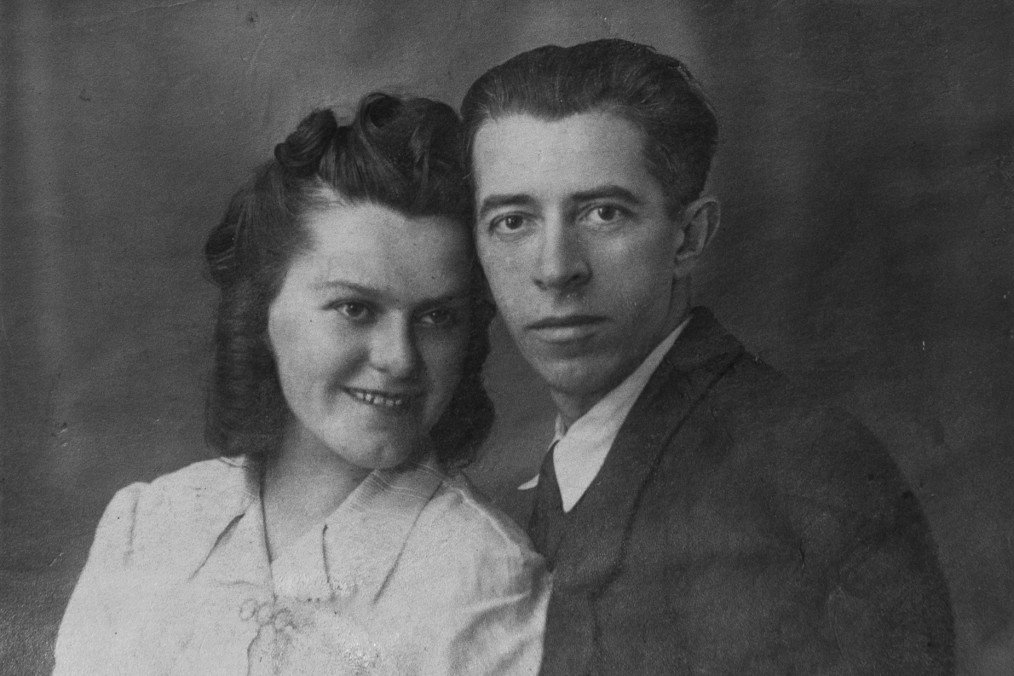
The stories of people from Ukraine who risked their lives during World War Two to save others and were awarded the title of Righteous Among the Nations.
Before the Second World War, Oleksandra Shulezhko was a nurse and the widow of a Christian Orthodox priest who had been arrested and killed by the NKVD during the "Great Terror." She lived in the Ukrainian city of Cherkasy and worked in a kindergarten. In August 1941, the city was occupied by Nazi Germans, leading to the closure of the kindergarten. Despite this, Oleksandra, a young mother of three, organized a shelter for homeless children in the building. The number of children quickly grew to 70, all needing food, clothing, and firewood for heating. Among these children, 25 were Jewish. They faced a dire threat of death due to their origin. According to Yad Vashem, Olexandra convinced everyone that these children were Ukrainians, Tatars, and Greeks to protect them.
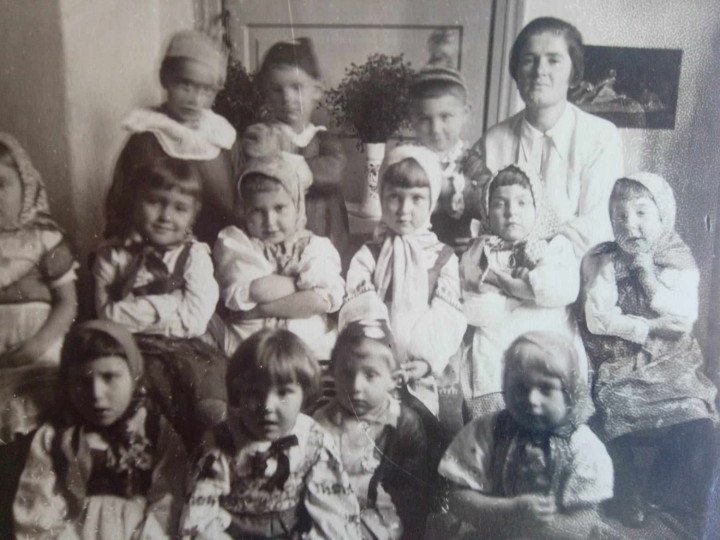
More than half a century has passed since then. Nazi Germany lost the war, the USSR collapsed, and Oleksandra Shulezhko passed away. In 1996, she was posthumously awarded one of humanity’s highest honors—the title of “Righteous Among the Nations.”
On May 14, Ukraine celebrates the Day of Ukrainians who saved Jews during World War II. The title "Righteous Among the Nations" is an honorary distinction bestowed by the State of Israel upon non-Jewish individuals who saved Jews during the Holocaust.
In the territories occupied by Nazi Germany and its allies, a policy known as the "Final Solution to the Jewish Question" was implemented. In Western Europe, Jews were sent to concentration and death camps, while in Eastern Europe, they were killed on the spot. The aim was the complete annihilation of all Jews. According to Nazi Germany's laws, saving a Jew meant death for the savior and their entire family. Therefore, Jews deeply value the heroic acts of those who provided shelter, food, forged documents, and other forms of assistance during the terrifying time of World War II.
Among the most renowned Righteous Among the Nations are Oskar Schindler from Germany, known for saving Jews in Poland, and Raoul Wallenberg, a Swedish diplomat who provided thousands of counterfeit documents, saving Jewish lives in Hungary.
"During the Holocaust, the indigenous populations of different countries treated Jews differently—from indifference to hostility. Most watched indifferently as their former neighbors were arrested and killed. Some collaborated with the Nazis, while others profited from confiscated Jewish property. But even in the cruel and immoral world, there were still pure individuals. It was these few who—with remarkable courage—preserved the best human qualities," is how that time is described at Yad Vashem.
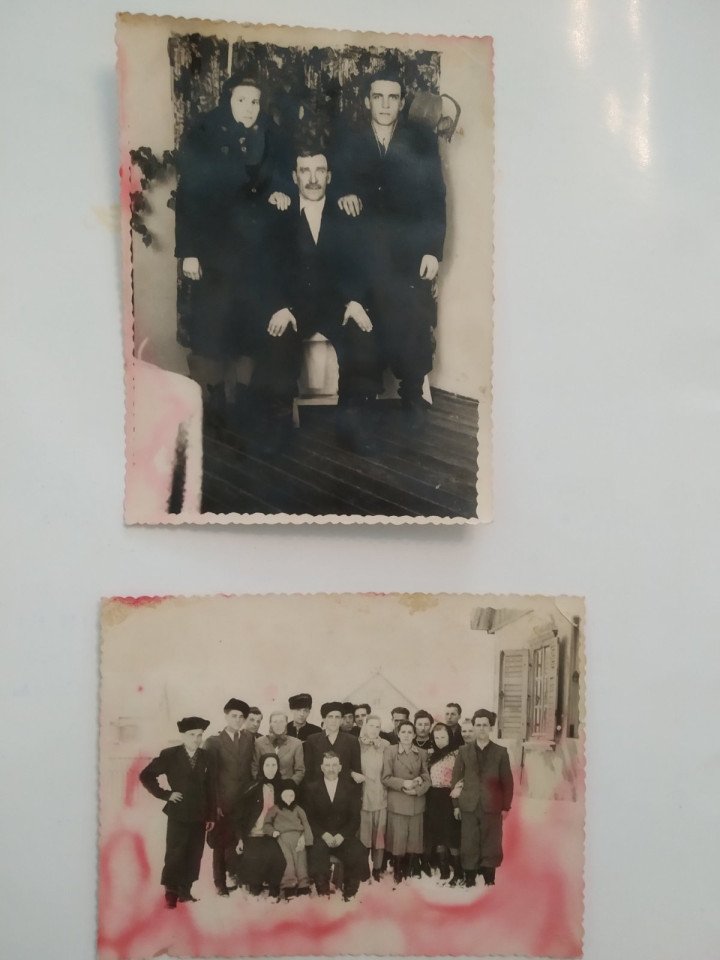
The World Holocaust Remembrance Center Yad Vashem confers the title of ‘Righteous Among the Nations.’ A commission consisting of historians, Holocaust survivors, rabbis, and scholars is convened for this purpose. The Chief Justice of the State of Israel signs the document. The awarded medal bears a phrase from the Babylonian Talmud: "Whoever saves one life saves the entire world."
How rescue stories are found
The State of Israel and Jewish funds conduct the search for the Righteous Among the Nations. "Brave people risked everything for others. They embodied the best in human nature," said Shimon Peres, an Israeli politician and Nobel Peace Prize laureate.
The Yad Vashem Commission receives rescue stories from rescued Jews, their rescuers, or witnesses to the rescue. Testimonies are verified to determine whether a candidate is worthy of the title ‘Righteous Among the Nations.' The candidate must meet three fundamental criteria.
Firstly, they must have been aware that they were saving Jews. During World War II, many good people saved the persecuted and wounded. The Nazi regime declared not only Jews but also Roma, political dissidents, gay people, Jehovah's Witnesses, and other groups as enemies. Many families hid partisans, political dissidents, and others. Therefore, rescuers had to understand that by providing shelter to Jews, they themselves could be killed and were putting the lives of their relatives in mortal danger, living in constant fear of searches.
In 1941, Maria Hnydets was a little girl. Together with her mother, they saved Jewish women from death in Ukraine. Among these people was a little Jewish girl named Ruzya, Maria's peer. The Germans tortured Maria, and she has lived with broken fingers ever since. Today, she lives in the city of Rava-Ruska and is now a grandmother. Maria has been awarded the Righteous Among Ukrainians, and her mother Katerina Kleban the Righteous Among the Nations.
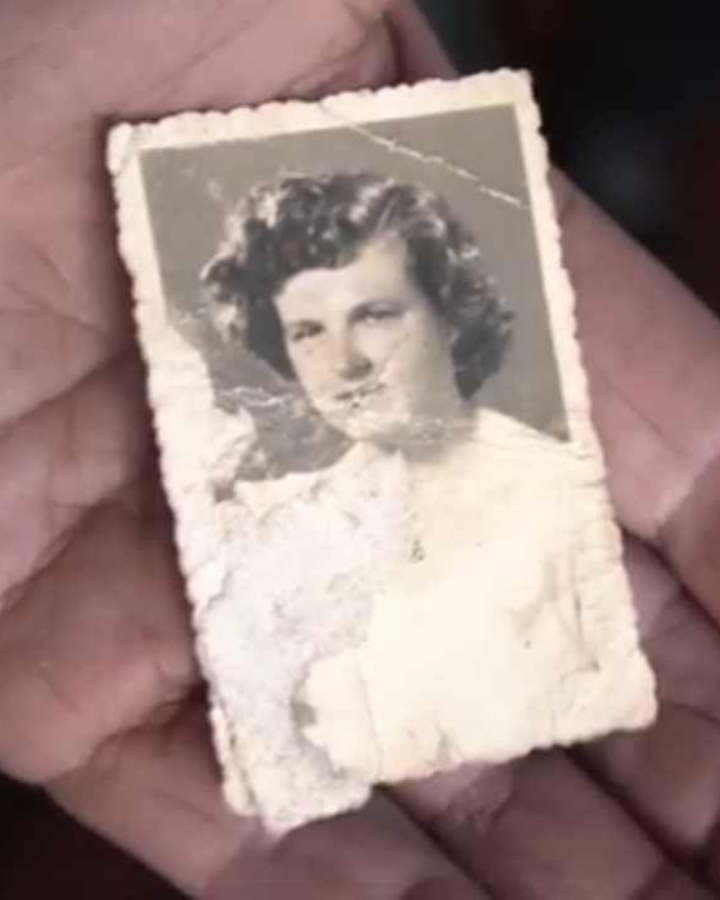
The last Righteous Among the Nations of Lviv, Stefania Petrushka Diduk, recounted that while her family was hiding four Jewish Pechenik brothers in the cellar, the Germans conducted daily searches, holding a gun to her head. Because of this, Stefania lived her whole life with a heart condition.
The second criterion is that rescuers should not have accepted rewards for their actions. Often, Jews tried to buy assistance with money or valuables. However, such actions, although risking the helper's life, are not considered worthy of the title of Righteous.
The third criterion is that Righteous Among the Nations should not have been collaborators. Vasily Mikhaylovsky, saved as a child from Babyn Yar by his nanny, a native of Mariupol, Righteous Among the Nations Anastasia Fomina, recounts that they were released from the death column by a policeman from the cordon. Righteous Among the Nations Anna Morozova, who, together with her mother, saved a Jewish family from the same death march in Babyn Yar, testifies that they were released by cordon staff. However, the soldiers and policemen from the cordon, even those who released several people from Babyn Yar, cannot be recognized as Righteous Among the Nations.
Today, we see horrifying figures from the Holocaust. Approximately six million Jews were killed in Europe. Thanks to painstaking work, the names of the majority are recorded and preserved for eternity by the Jewish people. Since 1951, searches for the Righteous Among the Nations have been conducted, and as of January 1, 2022, 28,217 have been recognized. Yad Vashem emphasizes that this figure only indicates how many people have been recognized as Righteous. Investigating some cases can take years, and new names are discovered every year. For example, in July 2022, Yad Vashem officially honored Yuhim and Anna Kibukevich from Blazova, Ukraine, as Righteous Among the Nations. They hid Esther Nyuberg and her son Baruch.
Time to remember
As of January 1, 2022, Yad Vashem recognized 2,681 stories of Jews being rescued in Ukraine, with the rescuers honored as Righteous Among the Nations. Almost all of these stories were discovered after 1991. The USSR's policy did not involve proper commemoration of the Holocaust, nor did it recognize the heroes in the territories occupied by the Germans. Until 1991, all work on searching for the Righteous Among the Nations in Ukraine was carried out underground, and Yad Vashem was aware of only 200 cases of rescuing Jews in Ukraine. Historian and journalist Ilya Levitas played a significant role in uncovering the names of rescuers and striving to immortalize the testimonies of the Holocaust in Ukraine.
Despite the restraining policy of the USSR, Ukraine ranks fourth in the world in the number of Righteous Among the Nations, with more stories known from Poland, the Netherlands, and France. "The Righteous Among the Nations are an example of courage and compassion. Their actions remind us of the greatness of the human soul and the ability of a person to perform a feat in the most difficult circumstances," said Auschwitz survivor, writer and Nobel Prize laureate Elie Wiesel.
For years, the state of Israel, international Jewish foundations, and the Jewish community of Ukraine have played a pivotal role in preserving the memory of the Righteous Among the Nations and their heroic deeds. Alongside these recognized heroes, numerous individuals courageously saved Jews but, for various reasons, cannot be officially recognized as Righteous. Ilya Levitas compiled their stories into lists of the Righteous of Ukraine and the Righteous of Babyn Yar.
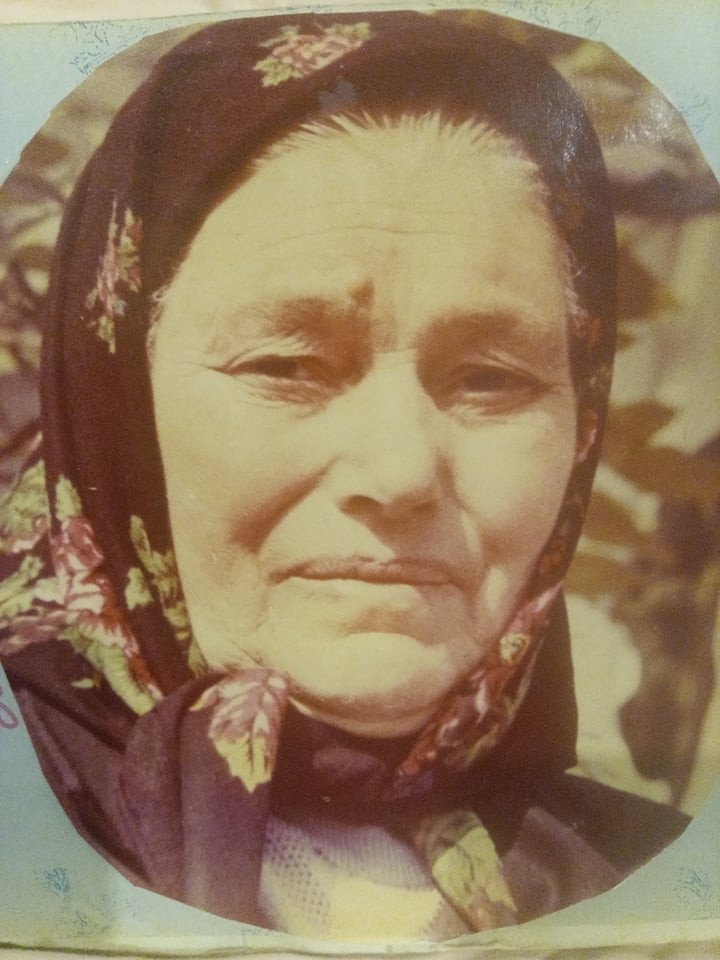
Initiatives like All-Ukrainian Charitable Fund "To You" by Yulia Goldenberg, Ukrainian B'nai B'rith, and charitable organizations such as Hesed in the regions have consistently supported the families of the Righteous Among the Nations. The organization 'Word of the Righteous' strives to assist wherever possible. While providing food or medicine may seem like a small gesture, it remains a tangible expression of gratitude, even if belated.
Cities have undertaken the meaningful gesture of renaming streets in honor of the Righteous Among the Nations. The Jewish Confederation of Ukraine's 'The Righteous of My City' initiative encourages Ukrainian cities to name streets after local Jewish rescuers. Notably, in Kyiv, near Babyn Yar, a street commemorating the Righteous Among the Nations has been established through the efforts of Yulia Goldenberg and with the support of Roza Tapanova, director of the Babyn Yar Preserve, and number of local and international organizations.
It's essential to acknowledge President Volodymyr Zelensky's significant role in supporting the Righteous Among the Nations. Under his leadership, the Day of Ukrainians who Saved Jews was introduced into the Ukrainian calendar in 2021, initiated by Arthur Rudzitsky, grandson of a Kyiv Chief Rabbi and Ukrainian activist. President Zelensky's establishment of lifelong scholarships for the Righteous Among the Nations and the Righteous of Ukraine underscores Ukraine's recognition of their invaluable contributions. Personally engaging with many families of the Righteous Among the Nations across Ukraine, I'm acutely aware of their modest living circumstances. The state scholarship represents the least Ukraine can do to honor these extraordinary individuals.
The latest Ukrainian Righteous Among the Nations among us
Today, there are four living Righteous Among the Nations from Ukraine. Here are their names and brief stories:
Vasiliy Nazarenko, along with his sisters Euphrosyne and Nadezhda, father Moisey, and mother Lukeriya, saved Anyuta and Betia Yudushliver in the village of Voitovtsy in the Vinnytsia region. Euphrosyne and Nadezhda went to the ghetto in Nemirov, found little Betia based on verbal descriptions, and brought her out. Anyuta and Betia hid in haystacks during intense searches, and young Vasiliy brought them food at night.
In Vinnytsia, Lydia Savchuk and her parents, Nadezhda and Stepan, hid several people, including Isaac Tartakovsky, who later became a People's Artist of Ukraine and married Lydia.
Katerina Sheremeta from Ivano-Frankivsk, along with her father Petro Ilnitsky and four brothers, saved the lives of 16 Jews. They helped create a hiding place in the forest, where the Jews stayed, and brought them food and medicine.
Oksana Deyneko, with her parents Mark and Lydia, lived in Novograd-Volynsky and saved Zlata Keselman and her newborn son Naum.
Yad Vashem has recognized the families of Nazarenko, Savchuk, Sheremeta, and Deyneko as Righteous Among the Nations. When asked why they saved people, they all gave the same answer: "We could not act differently." Ukrainian historian Zhanna Kovba, in her book on the Holocaust, "Humanity in the Abyss of Hell," writes that "the Righteous Among the Nations preserved the Image of God within themselves."
As of February 24, 2022, the living Righteous Among the Nations include Olympiada Danilyants, Valentina Poloz, Elena Malova-Zavadskaya, Oleksander Slobodyanik, Nina Bogorad. These names represent stories of self-sacrifice, deep respect for human life, and a readiness to make sacrifices to save strangers. Olympiada Danilyants, for example, was 101 years old.
Sadly, the Righteous Among the Nations, Maria Prutskaya, who resided in the Kherson region, passed away in 2022 during the occupation. Despite her difficulty in walking, she chose not to evacuate and remained in her home.
On the day the war began, all the families of the Righteous Among the Nations received invitations from Jewish funds and the State of Israel. The families were offered assistance with evacuation and accommodation in Poland or Israel. However, the majority chose to stay in Ukraine.
-41bc41e52a68266d55886ab9c15e949c.jpg)
-9a7d8b44d7609033dbc5a7a75b1a734e.jpeg)

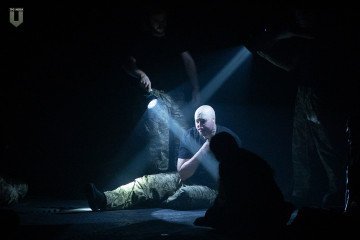
-554f0711f15a880af68b2550a739eee4.jpg)


-6ead6a9dd508115a5d69759e48e3cad1.jpg)
-29a1a43aba23f9bb779a1ac8b98d2121.jpeg)